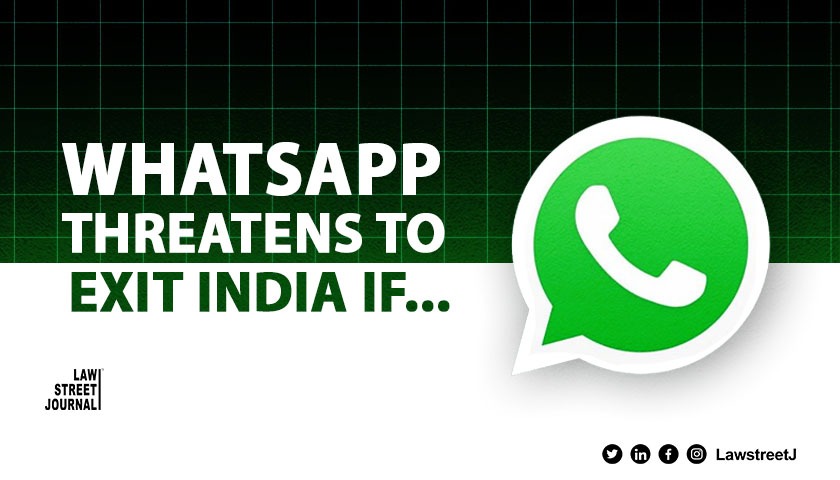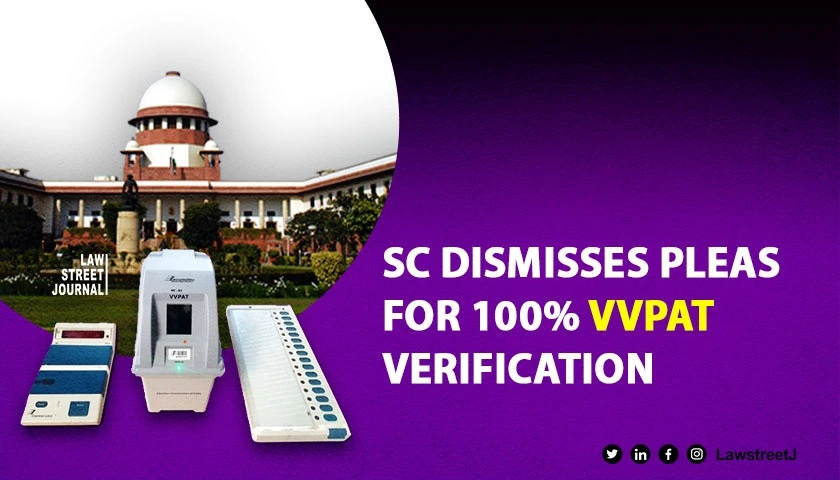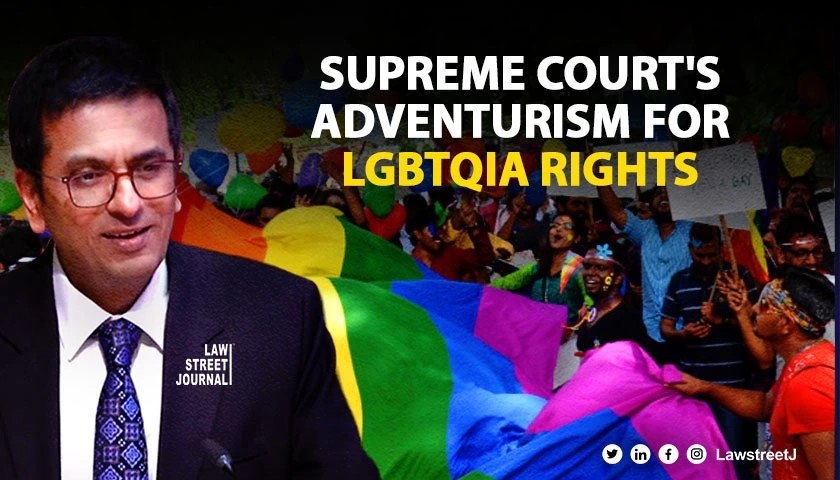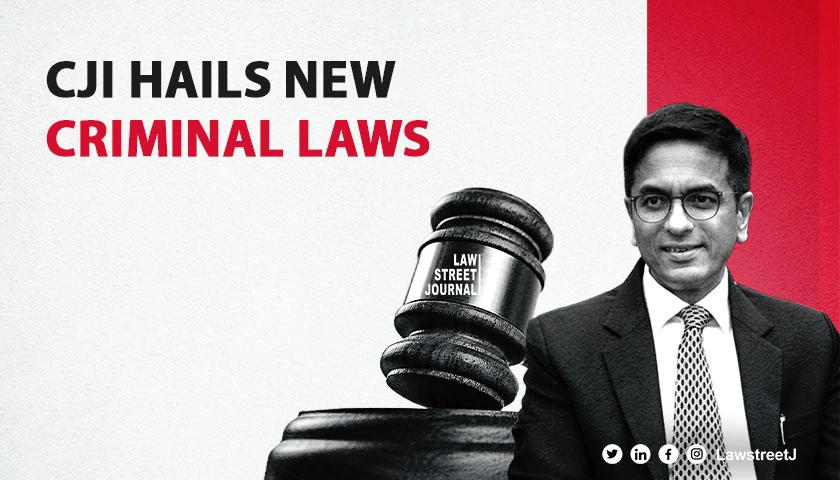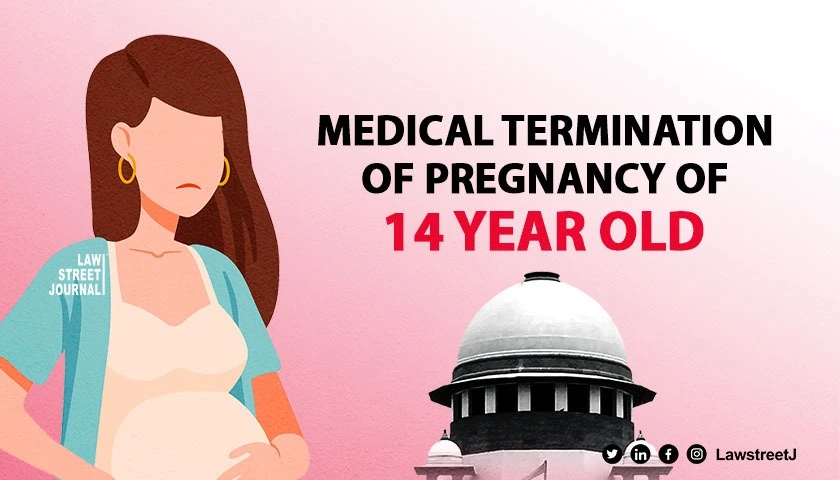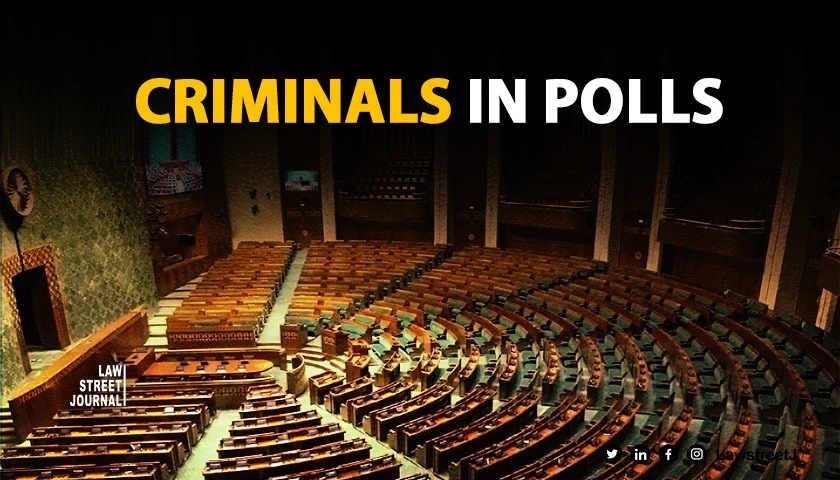A Bill that bars commercial surrogacy and allows only close relatives to act as surrogates to needy infertile couples for "altruistic" reasons was passed by the Lok Sabha on August 5, 2019.
The Surrogacy (Regulation) Bill, 2019, was introduced by the Minister of Health and Family Welfare, Dr. Harsh Vardhan in the Lok Sabha on July 15, 2019. The Bill defines surrogacy as a practice where a woman gives birth to a child for an intending couple with the intention to hand over the child after the birth to the intending couple.
The key highlights of the Bill are as follows:-
- Regulation of surrogacy: The Bill prohibits commercial surrogacy, but allows altruistic surrogacy. Altruistic surrogacy involves no monetary compensation to the surrogate mother other than the medical expenses and insurance coverage during the pregnancy. Commercial surrogacy includes surrogacy or its related procedures undertaken for a monetary benefit or reward (in cash or kind) exceeding the basic medical expenses and insurance coverage.
- Purposes for which surrogacy is permitted: Surrogacy is permitted when it is: (i) for intending couples who suffer from proven infertility; (ii) altruistic; (iii) not for commercial purposes; (iv) not for producing children for sale, prostitution or other forms of exploitation; and (v) for any condition or disease specified through regulations.
- Eligibility criteria for intending couple: The intending couple should have a ‘certificate of essentiality’ and a ‘certificate of eligibility’ issued by the appropriate authority.
- A certificate of essentiality will be issued upon fulfilment of the following conditions: (i) a certificate of proven infertility of one or both members of the intending couple from a District Medical Board; (ii) an order of parentage and custody of the surrogate child passed by a Magistrate’s court; and (iii) insurance coverage for a period of 16 months covering postpartum delivery complications for the surrogate.
- The certificate of eligibility to the intending couple is issued upon fulfilment of the following conditions: (i) the couple being Indian citizens and married for at least five years; (ii) between 23 to 50 years old (wife) and 26 to 55 years old (husband); (iii) they do not have any surviving child (biological, adopted or surrogate); this would not include a child who is mentally or physically challenged or suffers from life threatening disorder or fatal illness; and (iv) other conditions that may be specified by regulations.
- Eligibility criteria for surrogate mother: To obtain a certificate of eligibility from the appropriate authority, the surrogate mother has to be: (i) a close relative of the intending couple; (ii) a married woman having a child of her own; (iii) 25 to 35 years old; (iv) a surrogate only once in her lifetime; and (v) possess a certificate of medical and psychological fitness for surrogacy. Further, the surrogate mother cannot provide her own gametes for surrogacy.
- Appropriate authority: The central and state governments shall appoint one or more appropriate authorities within 90 days of the Bill becoming an Act. The functions of the appropriate authority include; (i) granting, suspending or cancelling registration of surrogacy clinics; (ii) enforcing standards for surrogacy clinics; (iii) investigating and taking action against breach of the provisions of the Bill; (iv) recommending modifications to the rules and regulations.
- Registration of surrogacy clinics: Surrogacy clinics cannot undertake surrogacy related procedures unless they are registered by the appropriate authority. Clinics must apply for registration within a period of 60 days from the date of appointment of the appropriate authority.
- National and State Surrogacy Boards: The central and the state governments shall constitute the National Surrogacy Board (NSB) and the State Surrogacy Boards (SSB), respectively. Functions of the NSB include, (i) advising the central government on policy matters relating to surrogacy; (ii) laying down the code of conduct of surrogacy clinics; and (iii) supervising the functioning of SSBs.
- Parentage and abortion of surrogate child: A child born out of a surrogacy procedure will be deemed to be the biological child of the intending couple. An abortion of the surrogate child requires the written consent of the surrogate mother and the authorisation of the appropriate authority. This authorisation must be compliant with the Medical Termination of Pregnancy Act, 1971. Further, the surrogate mother will have an option to withdraw from surrogacy before the embryo is implanted in her womb.
- Offences and penalties: The offences under the Bill include: (i) undertaking or advertising commercial surrogacy; (ii) exploiting the surrogate mother; (iii) abandoning, exploiting or disowning a surrogate child; and (iv) selling or importing human embryo or gametes for surrogacy. The penalty for such offences is imprisonment up to 10 years and a fine up to 10 lakh rupees. The Bill specifies a range of offences and penalties for other contraventions of the provisions of the Bill.
(Source PRS)
![Lok Sabha Passes Bill To Ban Commercial Surrogacy [Read Bill]](/secure/uploads/2019/08/lj_6238_Lok_Sabha_Passes_Bill_To_Ban_Commercial_Surrogacy.jpg)

